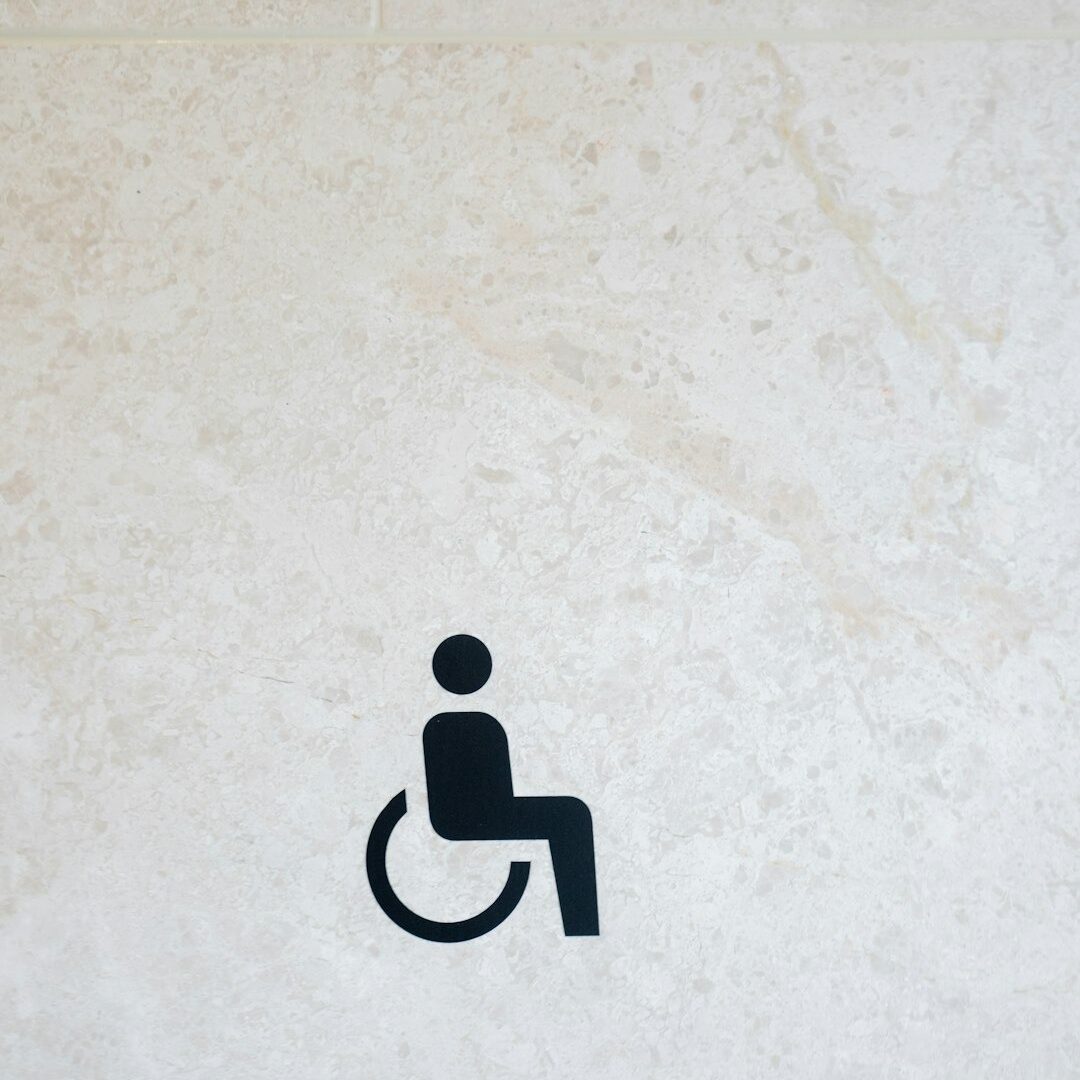Physical Address
304 North Cardinal St.
Dorchester Center, MA 02124
Physical Address
304 North Cardinal St.
Dorchester Center, MA 02124

Law 104/1992 is one of the main Italian regulations supporting the inclusion of people with disabilities, granting employees the right to take paid leave to assist severely disabled family members. However, the improper use of this leave can lead to serious consequences, including dismissal for just cause and even criminal charges for fraud against public institutions.
Paid leave under Law 104 is granted to:
Entitlement is conditional upon the disabled person not being hospitalized full-time. During the leave days, the employee maintains regular pay and contribution coverage, while the employer advances the salary and later recovers the amount from INPS (the Italian Social Security Institute).
Exercising the right to leave under Law 104 requires behavior in line with the principles of good faith and fair dealing. Using the leave for purposes unrelated to assisting the disabled family member constitutes an abuse of right, leading to serious disciplinary actions.
An employee who, while on leave, engages in personal or professional activities that violate the trust relationship with the employer may face:
Employers can appoint private investigative agencies to verify the correct use of Law 104 leave.
Such checks are legitimate if:
Evidence gathered during investigations can serve as valid proof in disciplinary proceedings and justify immediate dismissal.
In recent years, the Italian Supreme Court (Corte di Cassazione) has adopted a consistent approach, combining flexibility in managing leave with strictness in punishing abuses.
The Court has clarified that Law 104 leave should be assessed on a daily basis and not according to working hours.
In other words, it is not necessary for the assistance to occupy the entire working day. It is sufficient that, on the leave day, the employee provides effective and predominant assistance to the disabled person.
With rulings such as Cass. No. 25290/2022 and Cass. No. 26514/2024, the Court specified that assistance may be rendered at any time during the day, with no obligation to match the employee’s normal working hours.
Furthermore, the Supreme Court has acknowledged that employees may carry out minor personal tasks during the day of leave, as long as these do not undermine the primary purpose of providing assistance. Short activities such as shopping or handling personal errands are considered compatible, provided that the main focus of the day remains on assisting the disabled relative.
In Cass. No. 24130/2024, the Court ruled that no abuse occurs if the employee briefly engages in personal activities, as long as a qualitative and quantitative assessment of the day confirms that assistance was predominant.
Abuse is deemed to occur when:
Thus, the guiding criterion emerging from the Supreme Court’s case law is the prevalence of assistance over other activities during the leave day, along with strict compliance with the principle of good faith.
Using Law 104 leave is a fundamental right but must be exercised responsibly.
Employees must ensure that:
At the same time, employers can legitimately carry out controls in the presence of concrete suspicions of abuse, to protect the company’s organization and public welfare systems.